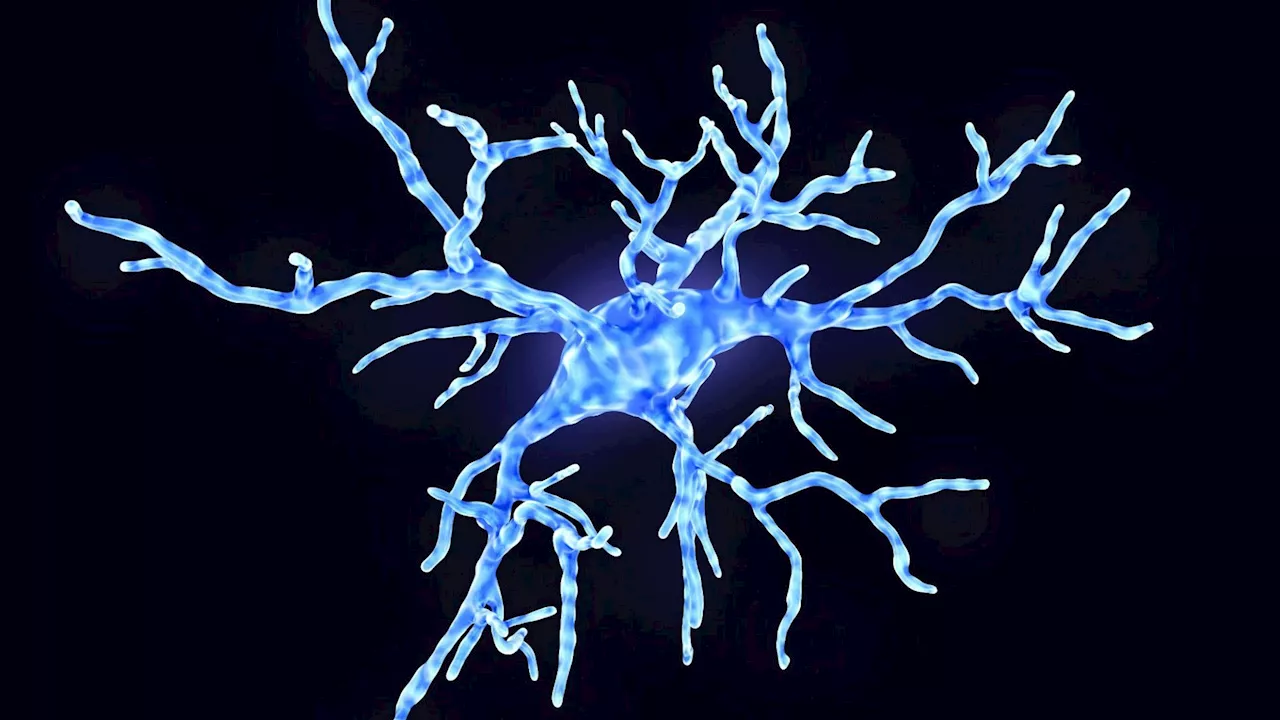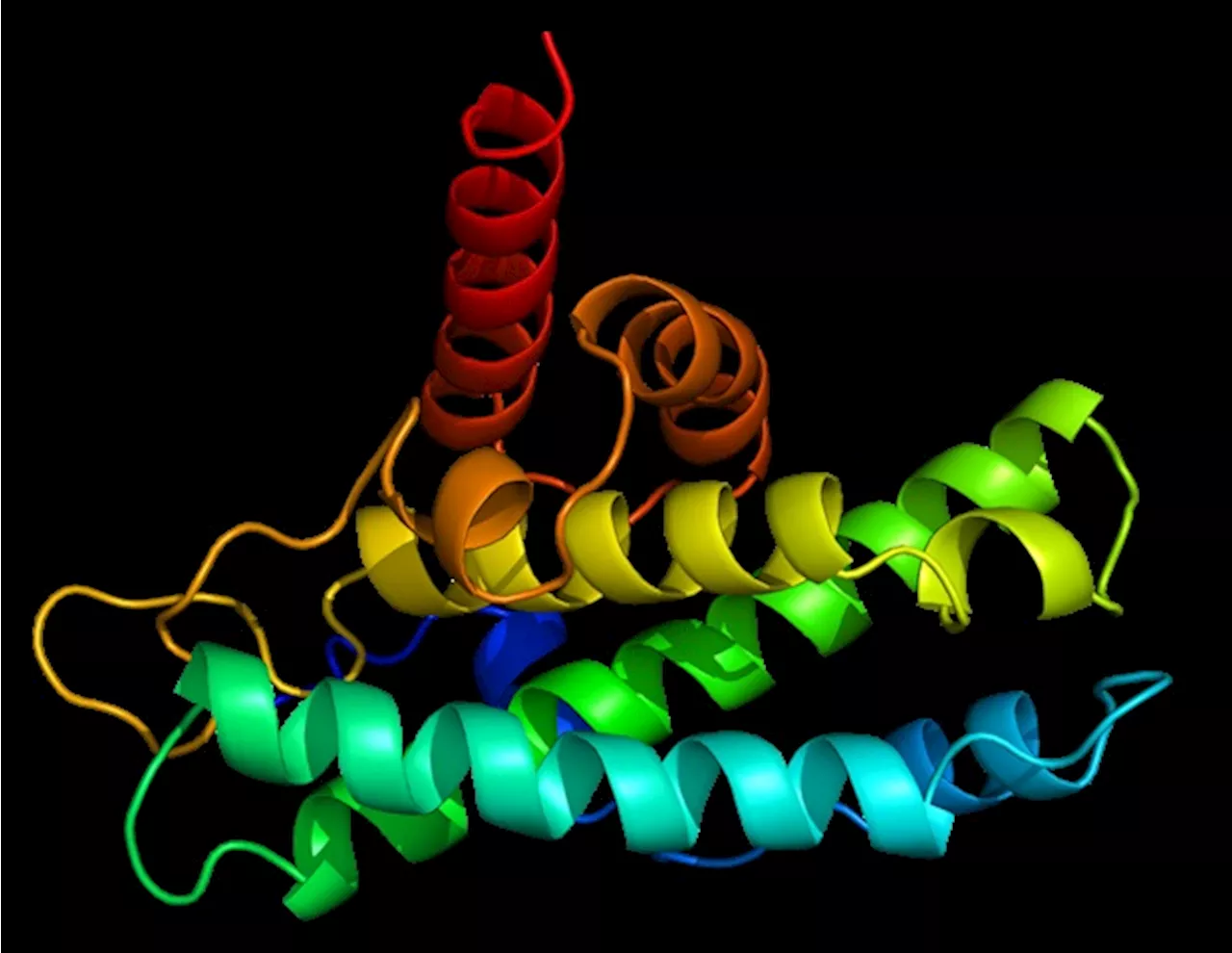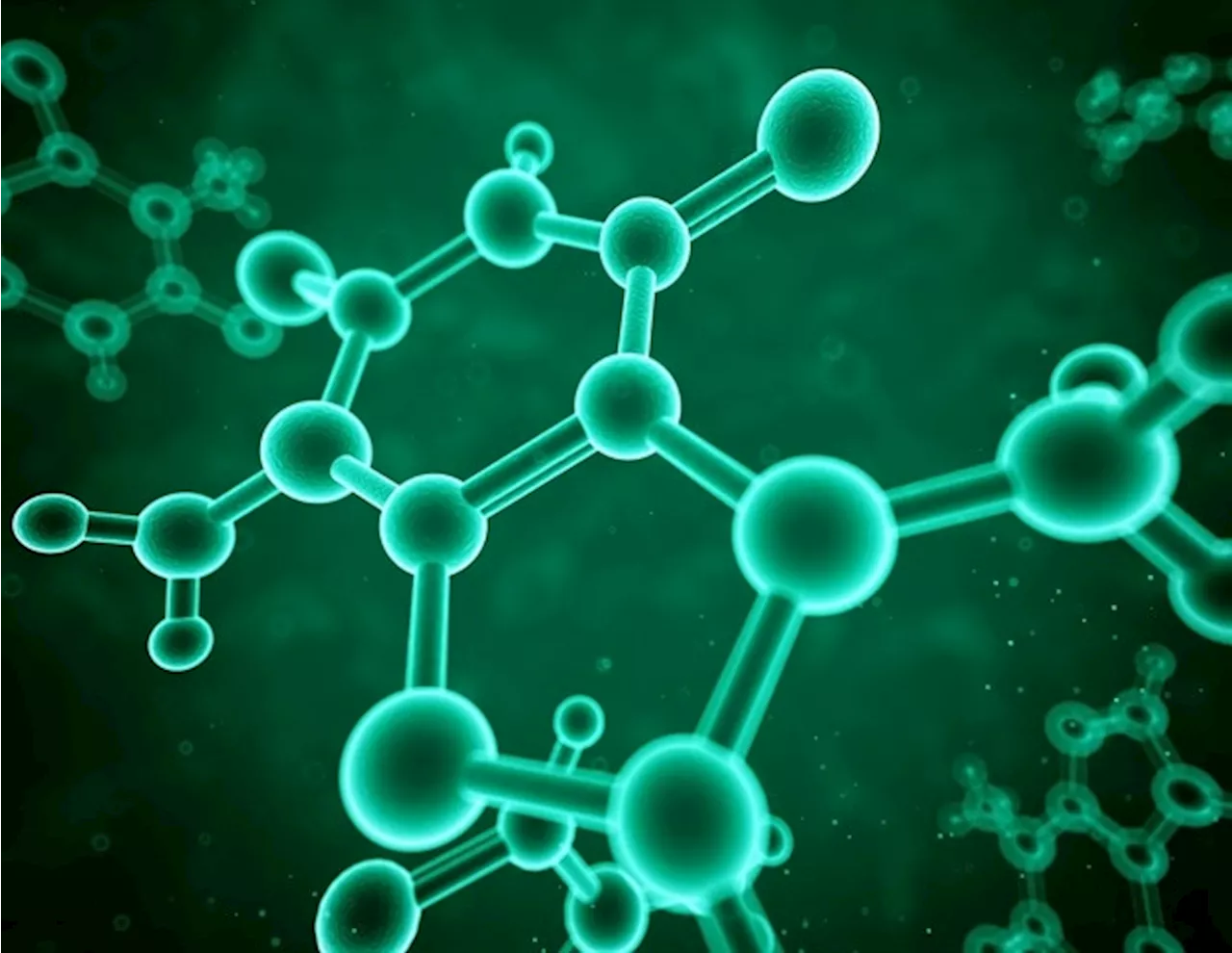The research group has discovered that activating the cannabinoid system can improve memory in animal models of Alzheimer's and Parkinson's. This suggests a potential new therapeutic avenue for treating cognitive decline in these diseases.
Research spanning more than 20 years by the UPV/EHU's Neurochemistry and Neurodegeneration group, led by Dr. Rafael Rodríguez-Puertas, has yielded a promising avenue for developing new therapies that enhance memory in individuals experiencing cognitive impairment due to neurodegenerative diseases like Alzheimer's and Parkinson's. \Dr.
Marta Moreno-Rodríguez, a researcher in the UPV/EHU group, discovered that neurotransmitter receptors within the cannabinoid family and specific choline-containing lipids in the brain contribute to cognitive improvement in rats. Dr. Rodríguez-Puertas explained that 'analyses conducted over years on a substantial sample of brain tissue from autopsies of patients at various stages of disease progression revealed an intriguing pattern. When the initial clinical symptoms of Alzheimer's emerge, damage is observed in the region initially affected, caused by one of the interneuronal transmission systems, the cholinergic system (which controls memory and learning and utilizes acetylcholine as a neurotransmitter). Conversely, we found that another neurotransmission system, the cannabinoid system, increases.' \The team also found that as the disease progresses, the cannabinoid system eventually suffers damage. 'It's as if this cannabinoid system mounts an initial protective response to the damage inflicted on the cholinergic system, attempting to safeguard the brain,' he stated. 'Therefore, it presents a therapeutic target for intervention.' Upon testing the effects of the drug WIN55.212-2, which interacts with cannabinoid receptors, on rodents in the early stages of the disease, the team observed that 'they behaved similarly to those without brain damage; they learned and remembered spatial orientation in the same manner,' explained Marta Moreno. 'It could be said that, in a way, the drug reversed the damage or protected the brain.' A novel technique to identify and locate lipids in the brain allowed the research group to understand the mechanism behind this cognitive improvement. 'By using a novel technique developed and refined by the research group at the UPV/EHU, which enables the identification and anatomical localization of lipids in the brain, we observed that, after treatment, the activity of the cannabinoid system had increased. Additionally, there was an increase in the activity of the patients' cholinergic neuronal receptors that had been damaged, alongside an increase in the synthesis of certain choline-containing lipids, which serve as precursors to acetylcholine, a neurotransmitter crucial for memory and learning in the brain,' explained Rafael Rodríguez. In essence, 'cannabinoid receptors were activated, and acetylcholine levels in the brain were elevated. The drug restored the cholinergic system and improved memory,' added Moreno. Rafael Rodríguez believes that 'this molecule could evolve into a drug for treating dementia symptoms, at least during the initial stages of the disease, because we have already observed that the body itself, physiologically, attempts to do something similar. 'With these pharmacological treatments, we could potentially enhance that effect, or perhaps even administer a combined treatment of cannabinoid drugs with acetylcholine precursors,' he suggested. \While the results of the rodent tests were highly promising, the next steps involve studying toxicity and proceeding to clinical trials on humans. However, the research team has encountered a hurdle: the molecule is a freely accessible molecule, meaning 'it is a synthesis molecule widely used in experimentation; we did not synthesize it ourselves. It is not a molecule that a particular pharmaceutical company can exploit.' Toxicology studies and clinical trials represent a significant investment for the pharmaceutical industry, and this molecule does not offer them the prospect of future commercial exploitation. Therefore, they are currently working to identify and synthesize molecules similar to WIN55.212-2 that could be of interest to the pharmaceutical industry, paving the way for clinical studies of this novel therapeutic pathway. To achieve this, they are collaborating with CIC bioGUNE and the University of Vigo.
NEURODEGENERATIVE DISEASES ALZHEIMER's PARKINSON's MEMORY ENHANCEMENT CANNABINOID SYSTEM THERAPEUTIC TARGETS
United Kingdom Latest News, United Kingdom Headlines
Similar News:You can also read news stories similar to this one that we have collected from other news sources.
 Morrisons Offers 10% Discount After Christmas Shopping System GlitchThousands of Morrisons customers experienced problems with their More Card and discounts during a major IT glitch in the days leading up to Christmas. To compensate, Morrisons is offering all customers 10% off their entire shop and making the top 100 More Card discounts available to everyone.
Morrisons Offers 10% Discount After Christmas Shopping System GlitchThousands of Morrisons customers experienced problems with their More Card and discounts during a major IT glitch in the days leading up to Christmas. To compensate, Morrisons is offering all customers 10% off their entire shop and making the top 100 More Card discounts available to everyone.
Read more »
 Chemogenetic activation reveals male-female differences in stress resistance neural circuitsSubtle activation of a small subset of neurons in one region of the brain can make male mice resilient to, and even reverse, the detrimental effects of chronic stress. The same is true for female mice, but in a totally different region of the brain.
Chemogenetic activation reveals male-female differences in stress resistance neural circuitsSubtle activation of a small subset of neurons in one region of the brain can make male mice resilient to, and even reverse, the detrimental effects of chronic stress. The same is true for female mice, but in a totally different region of the brain.
Read more »
 Microsoft investigating 365 Office activation gremlinSays it's not sure what the issue is but points at admins tweaking licensing options
Microsoft investigating 365 Office activation gremlinSays it's not sure what the issue is but points at admins tweaking licensing options
Read more »
 Alzheimer's Breakthrough: Toxic Lipids Linked to Microglia ActivationResearchers have identified a key cellular process driving Alzheimer's disease, focusing on the role of microglia, the brain's immune cells. The study reveals that stress-activated microglia produce toxic lipids that damage brain cells.
Alzheimer's Breakthrough: Toxic Lipids Linked to Microglia ActivationResearchers have identified a key cellular process driving Alzheimer's disease, focusing on the role of microglia, the brain's immune cells. The study reveals that stress-activated microglia produce toxic lipids that damage brain cells.
Read more »
 Adenosine Deaminase 2: A Novel Regulator of TLR9 ActivationA recent study reveals that ADA2, previously known for its role in adenosine deamination, functions as an intracellular DNA-binding protein that controls TLR9 activation in plasmacytoid dendritic cells.
Adenosine Deaminase 2: A Novel Regulator of TLR9 ActivationA recent study reveals that ADA2, previously known for its role in adenosine deamination, functions as an intracellular DNA-binding protein that controls TLR9 activation in plasmacytoid dendritic cells.
Read more »
 Rhode Island Health Benefits System Hacked, Data Released to Dark WebThe RIBridges system, used by the State of Rhode Island to deliver health and human service benefits, was compromised in a major cyberattack. Deloitte, the vendor for the system, informed the state that hackers had threatened to release personal data and demanded a ransom. The state took the system offline and is working to identify affected individuals. While the scope of the data breach is still unknown, officials assume that data from the RIBridges system has been compromised.
Rhode Island Health Benefits System Hacked, Data Released to Dark WebThe RIBridges system, used by the State of Rhode Island to deliver health and human service benefits, was compromised in a major cyberattack. Deloitte, the vendor for the system, informed the state that hackers had threatened to release personal data and demanded a ransom. The state took the system offline and is working to identify affected individuals. While the scope of the data breach is still unknown, officials assume that data from the RIBridges system has been compromised.
Read more »
